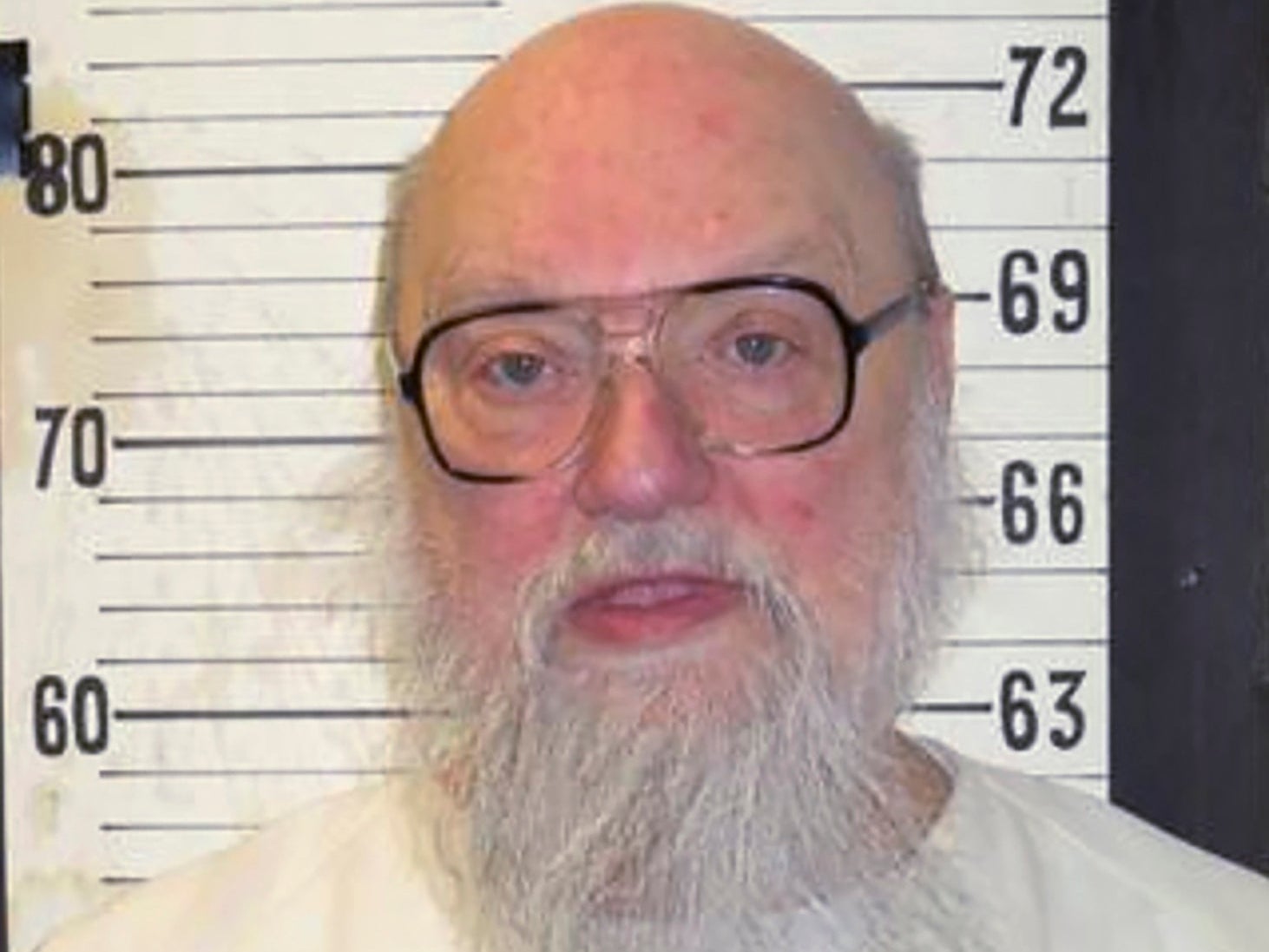Tennessee plans 1st COVID-19-era execution, more scheduled
Tennessee is set to execute its first inmate Thursday since the start of the pandemic

Tennessee is set to execute its first inmate Thursday since the start of the pandemic, planning a lethal injection procedure that has become less common in the state than the electric chair in recent years.
Oscar Smith, 72, is scheduled to die for the 1989 killings of his estranged wife and her teenage sons. The execution, using the state’s preferred method, would come as some other states struggle to secure lethal injection drugs because pharmacies and manufacturers have refused to supply their medications for executions.
In Tennessee, secrecy laws prevent the public from determining just how the drugs for Smith’s execution were obtained.
Smith has argued he should be executed by firing squad — a method South Carolina has been preparing to use in a now-delayed execution, as that state struggles to find execution drugs. Smith reasoned that it is less painful than Tennessee’s two options, but his lawsuit was denied.
His execution would be the first of five planned by Tennessee for 2022, resuming its quick, pre-pandemic pace of putting inmates to death. The five pending death warrants tie Tennessee with Texas for the most nationally this year, according to the Washington-based nonprofit Death Penalty Information Center.
Smith had initially been scheduled for a June 2020 execution, one of several dates delayed because of the pandemic.
Smith was convicted of fatally stabbing and shooting Judith Smith and her sons Jason and Chad Burnett, 13 and 16, at their Nashville home on Oct. 1, 1989.
Smith has maintained he is innocent. In a clemency filing, rejected Tuesday by Republican Gov. Bill Lee, Smith’s legal team claimed problems with the jury in his 1990 trial.
“There is one thing I know for a fact,” Smith told The Associated Press in a phone interview Monday. “I know where I’m going from here. With my faith and belief, I’ll be with my savior and my family that’s deceased.”
His attorneys were denied requests to reopen his case after a new type of DNA analysis found the DNA of an unknown person on one of the murder weapons.
The state has not conducted any executions since February 2020, when Nicholas Sutton died in the electric chair for the killing of a fellow inmate in an east Tennessee prison. Of the seven inmates Tennessee has put to death since 2018 — when Tennessee ended an execution pause stretching back to 2009 — only two died by lethal injection.
Smith declined to choose between the chair and lethal injection, so lethal injection became the default method.
Tennessee uses a three-drug series to put inmates to death: midazolam, a sedative to render the inmate unconscious; vecuronium bromide, to paralyze the inmate; and potassium chloride, to stop the heart.
Officials have said midazolam renders an inmate unconscious and unable to feel pain. Expert witnesses for inmates, however, say the drugs would cause sensations of drowning, suffocation and chemical burning while leaving inmates unable to move or call out. The assessment has led to more inmates selecting the electric chair over lethal injection.
In Oklahoma last October, an inmate put to death using the same three-drug lethal injection convulsed and vomited after receiving midazolam. Oklahoma has carried out three lethal injections since, without similar reactions reported.
Bookmark popover
Removed from bookmarks